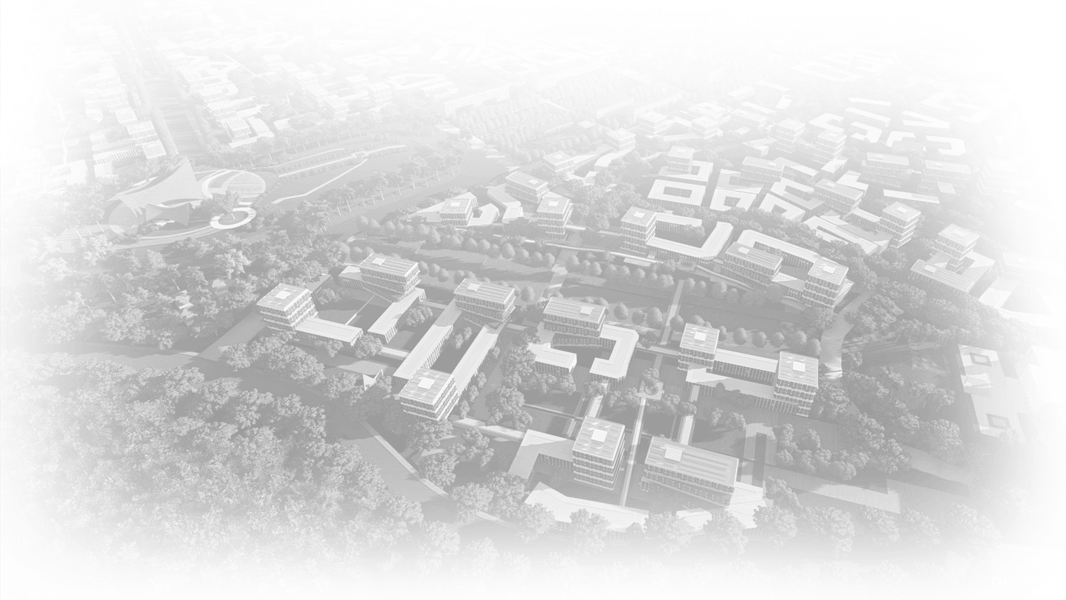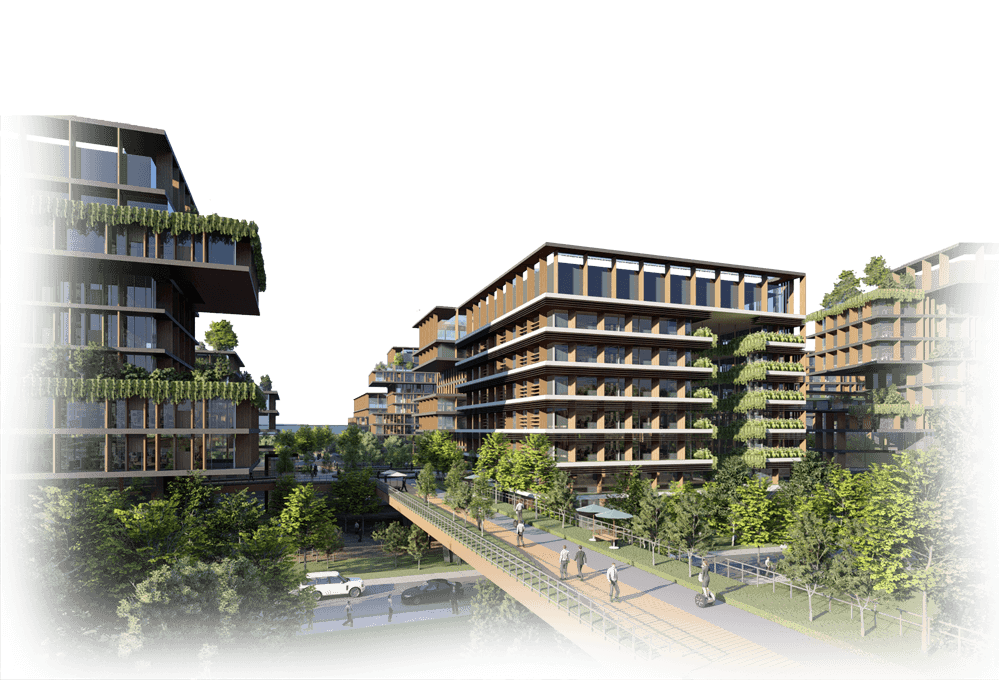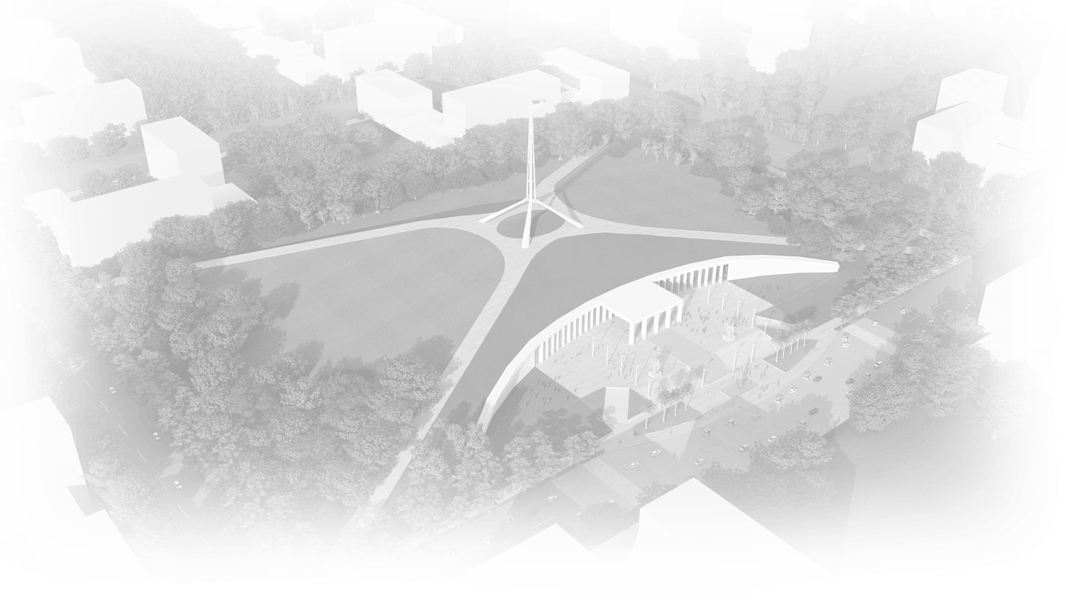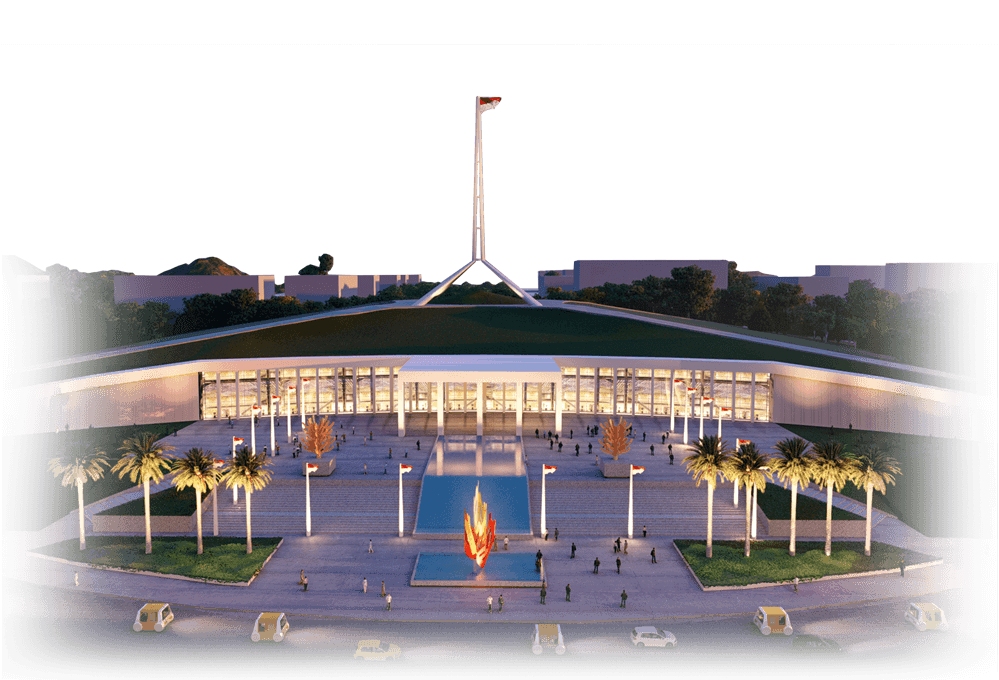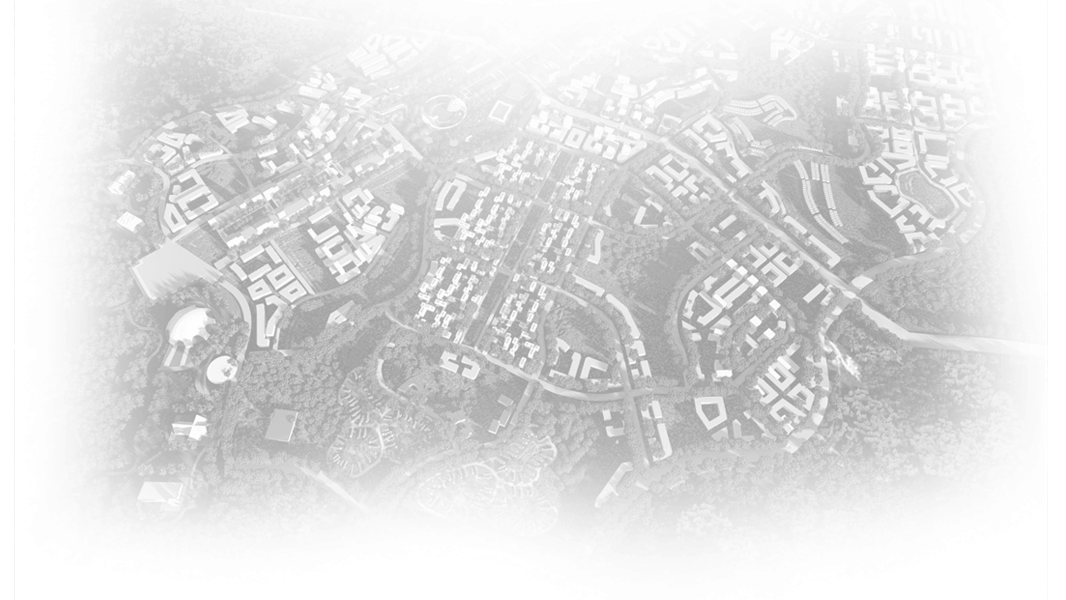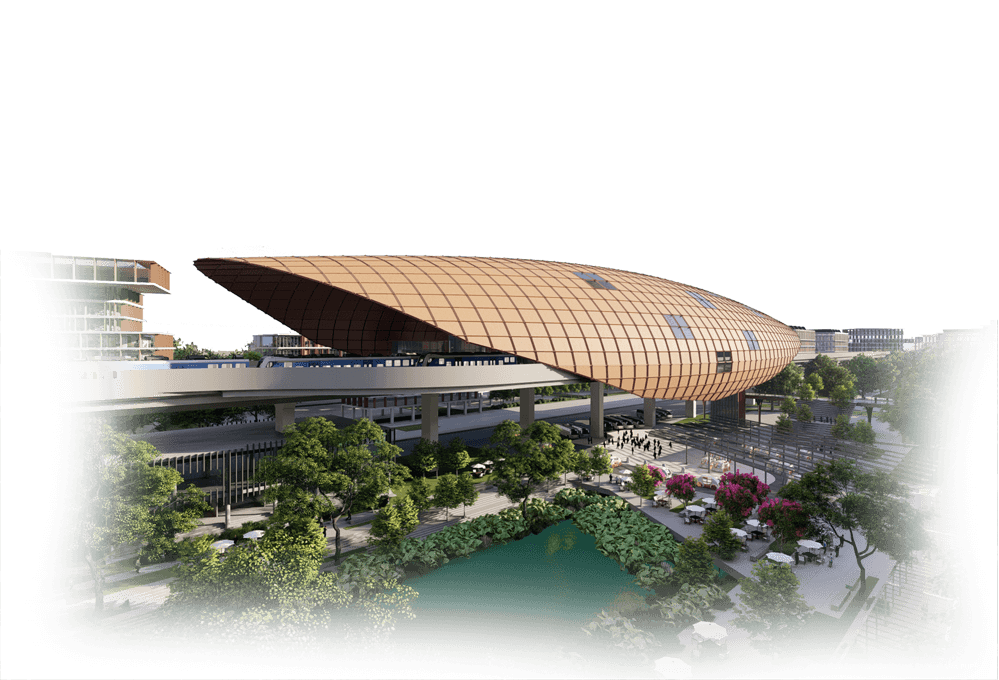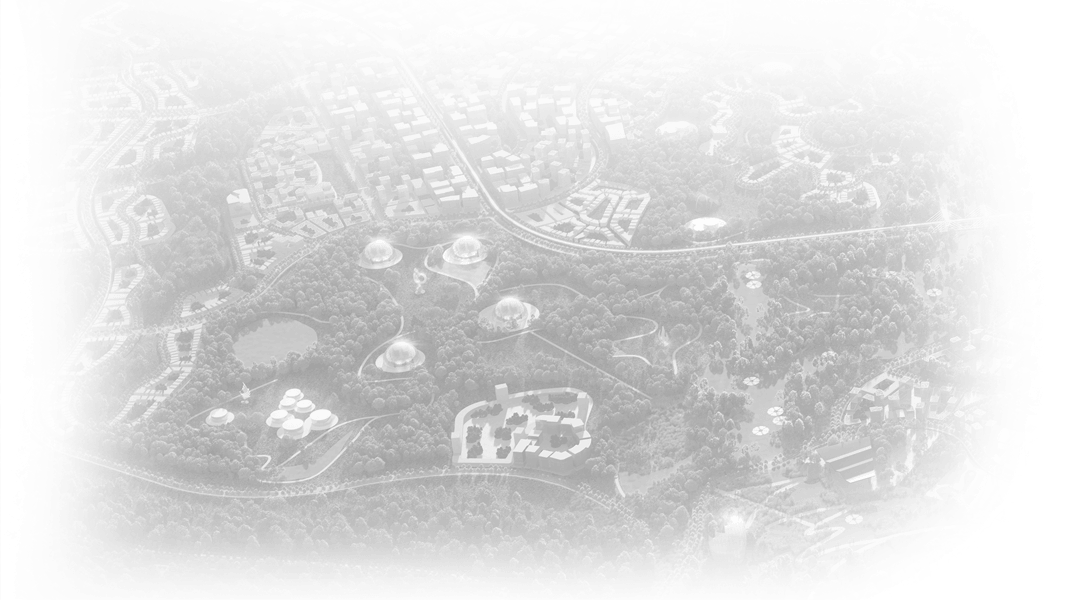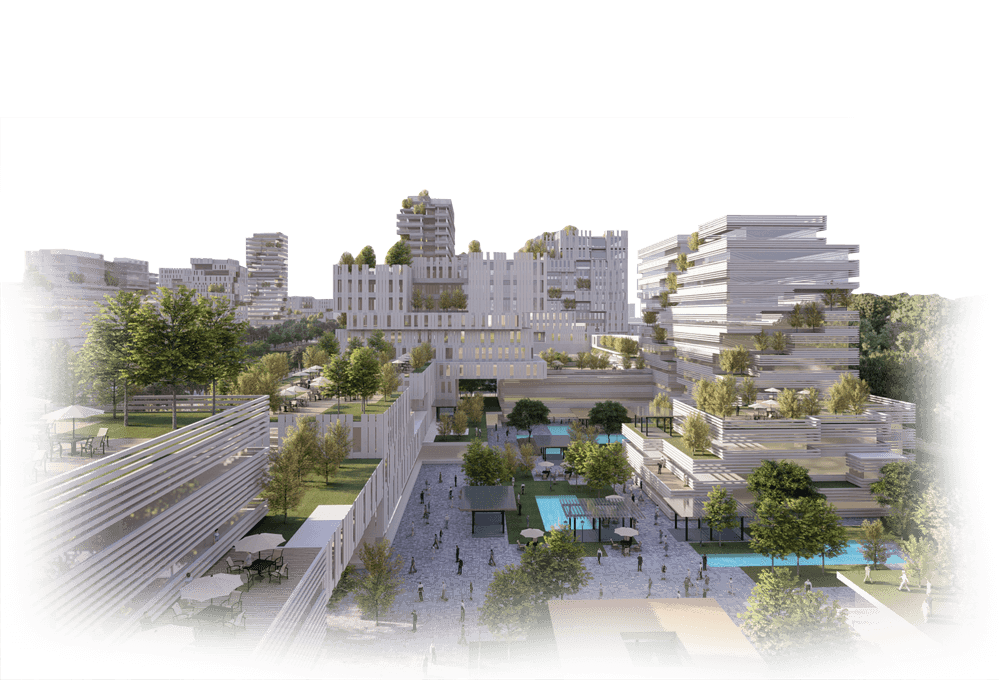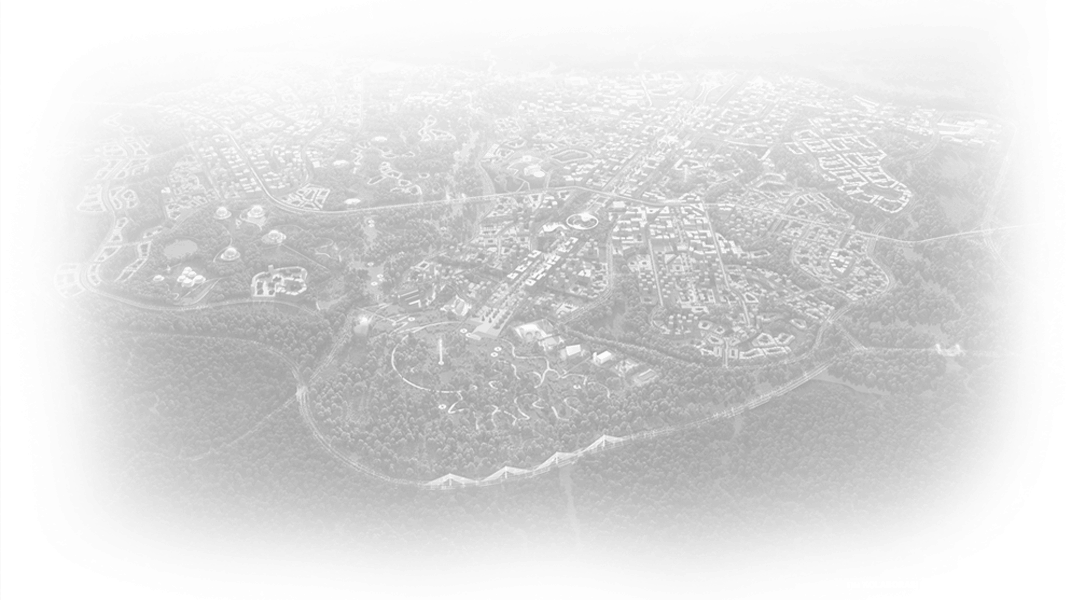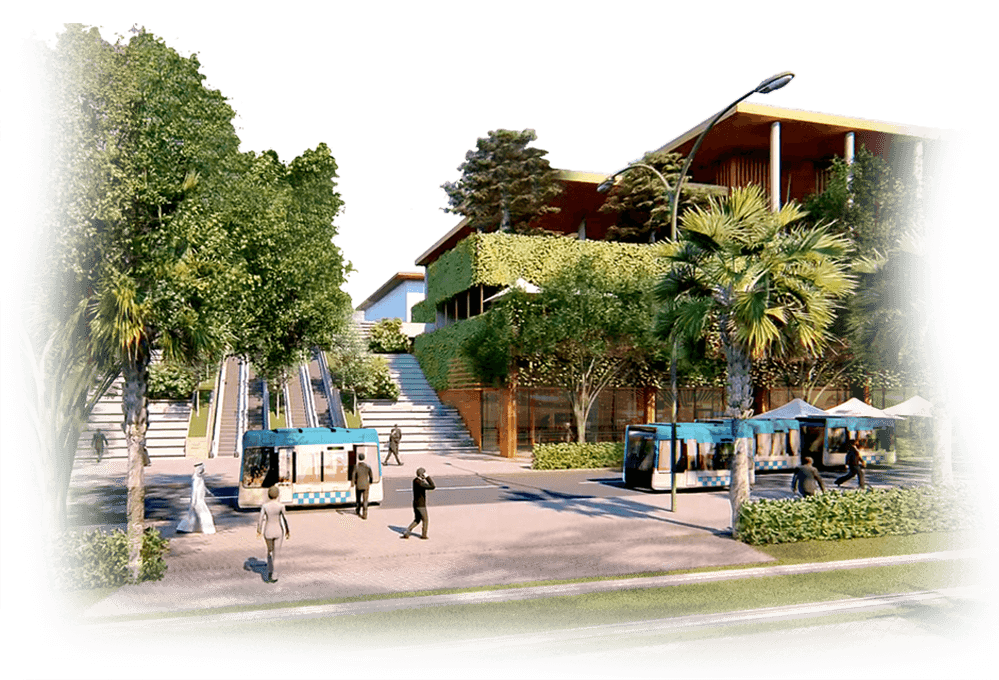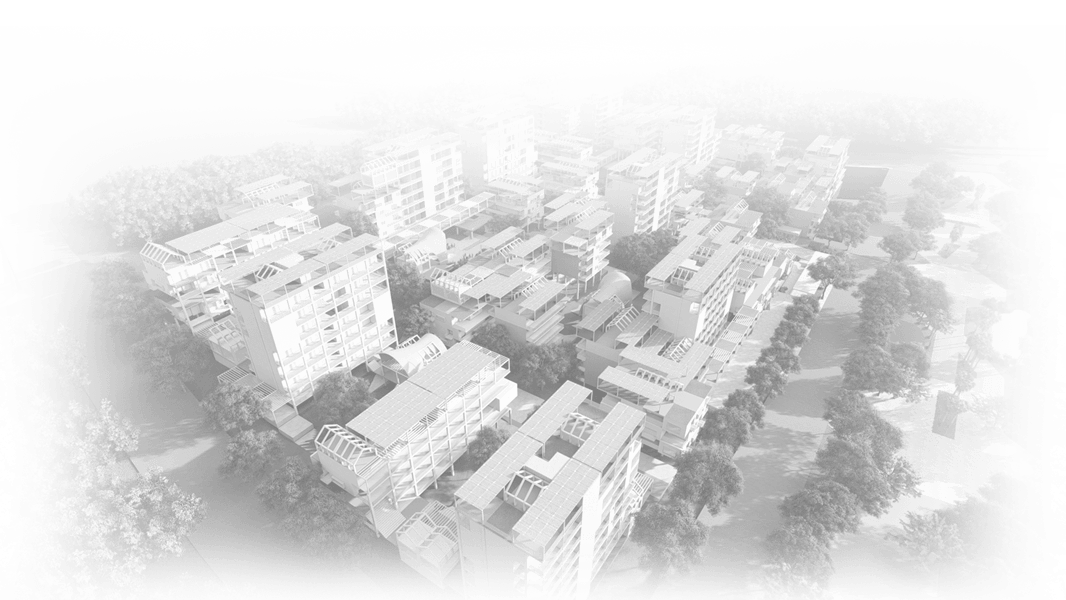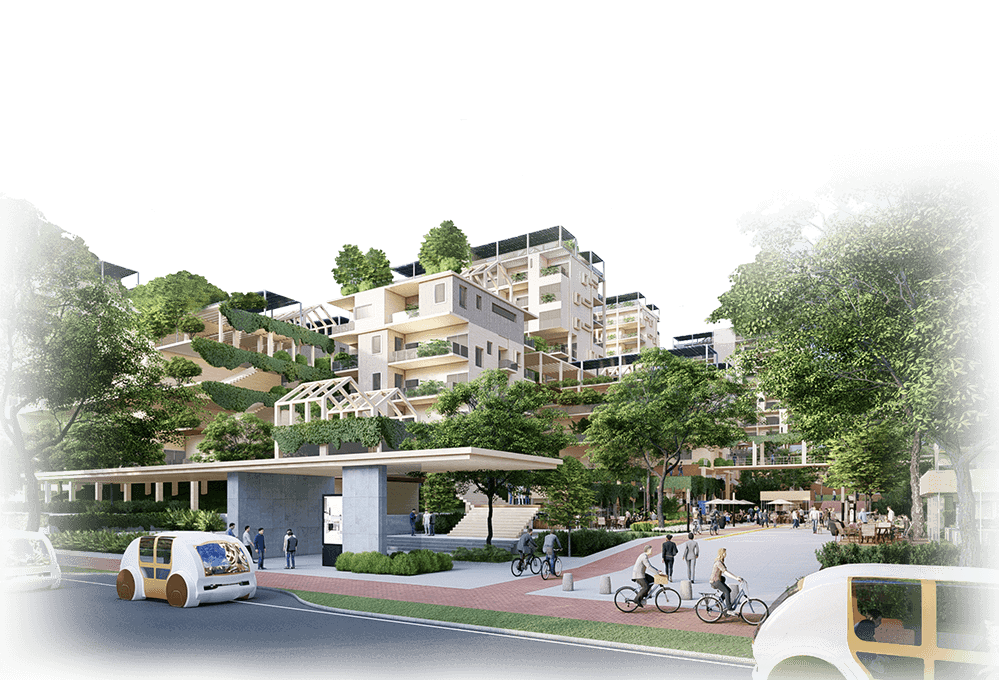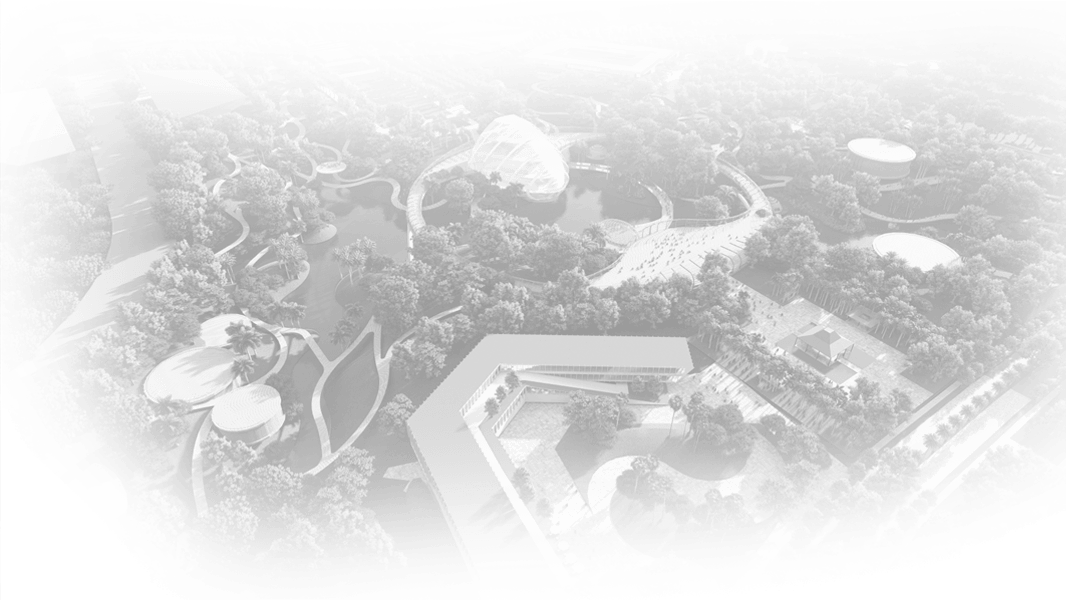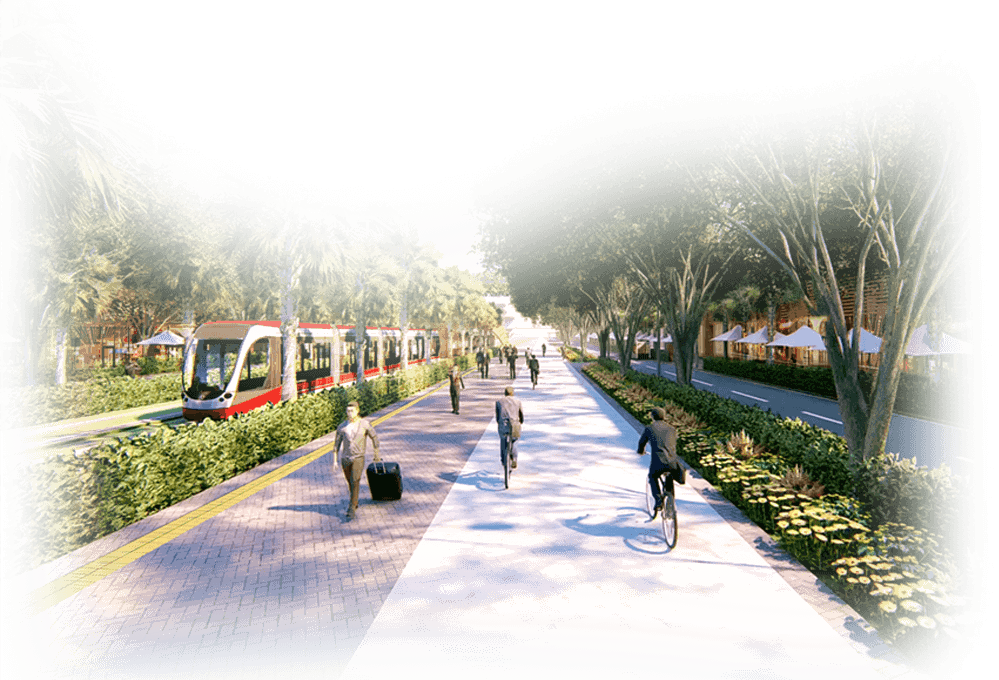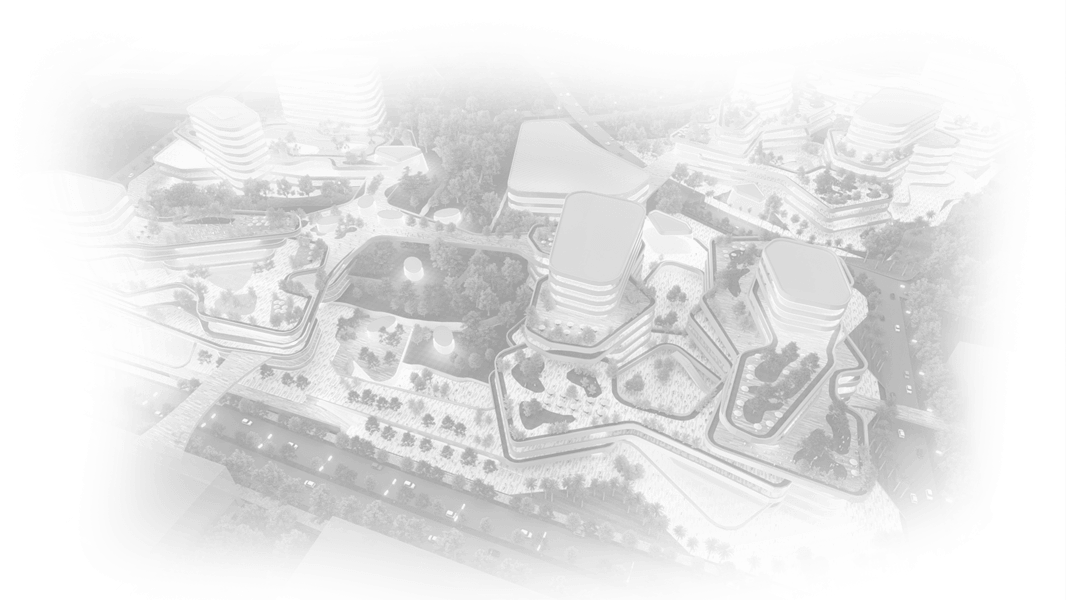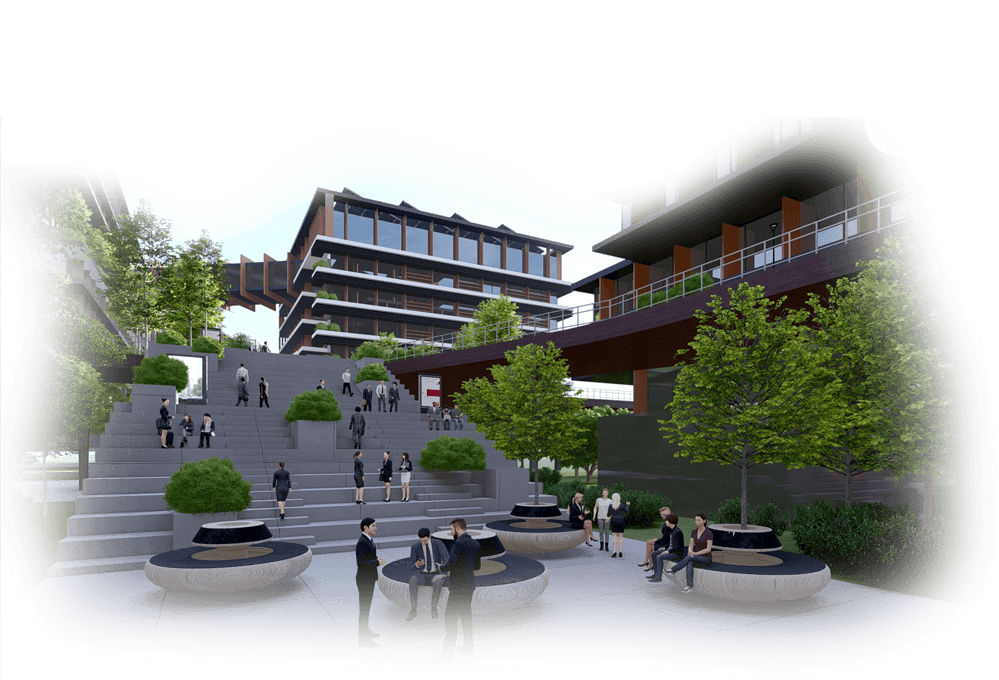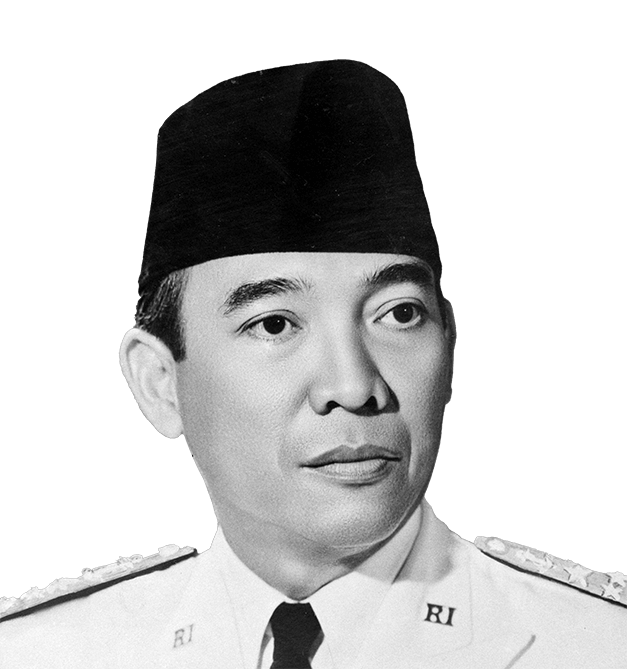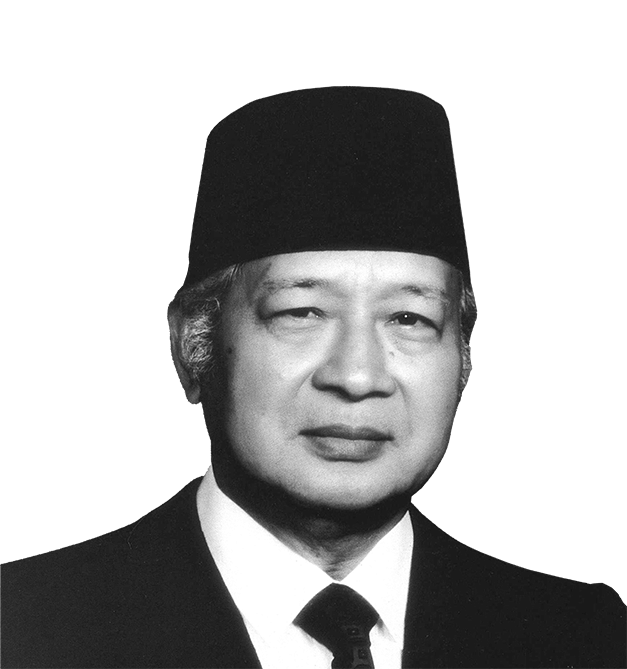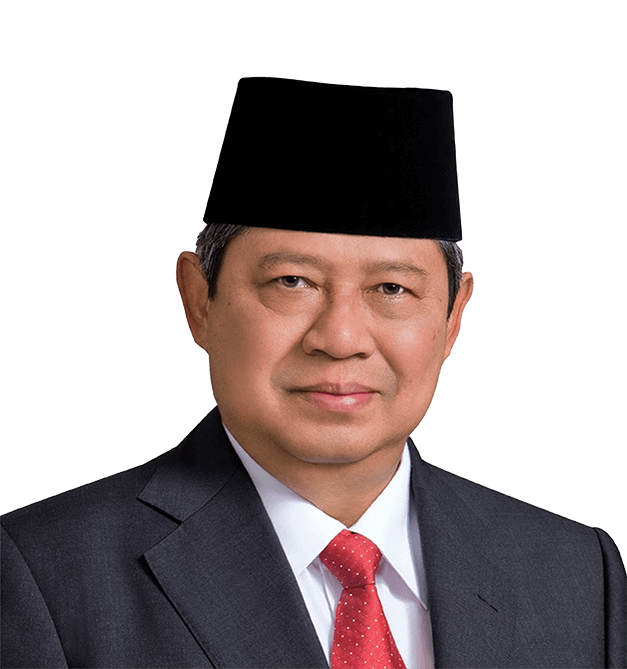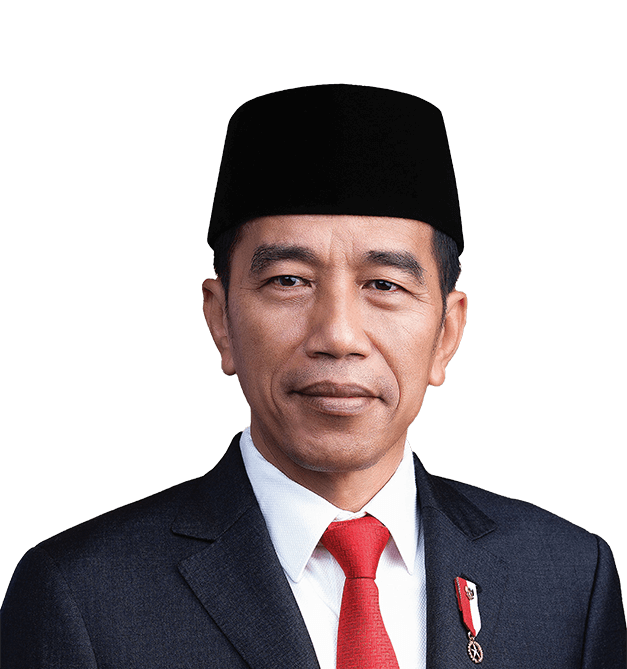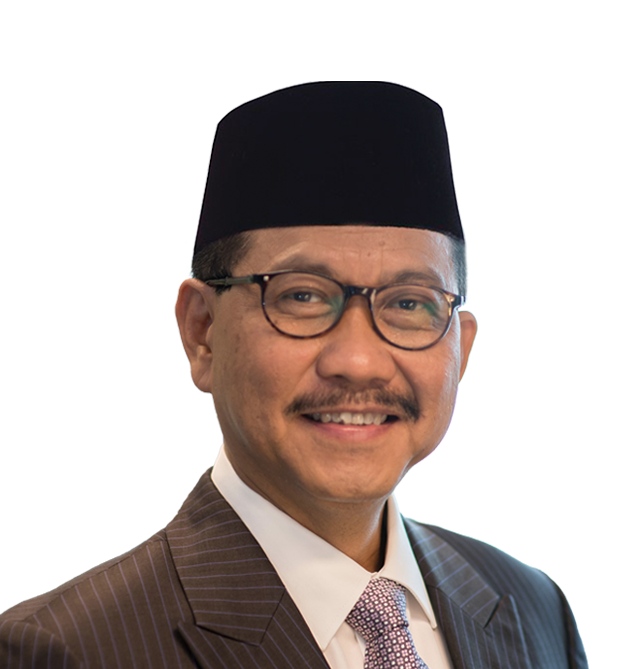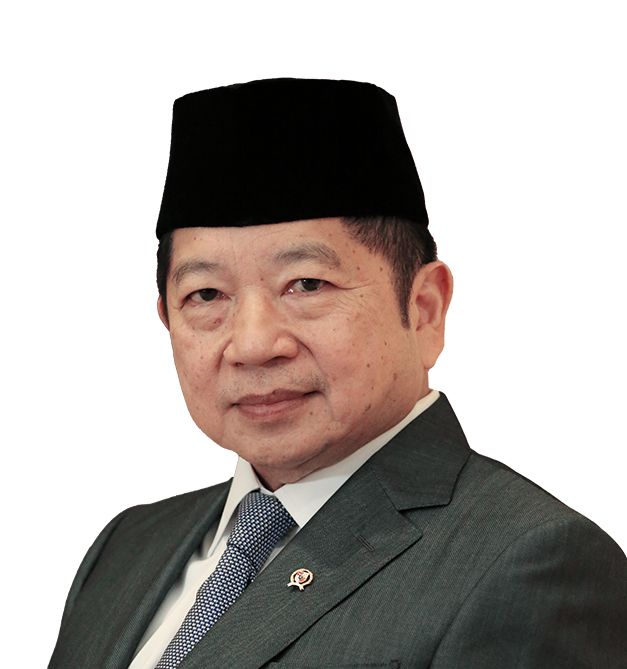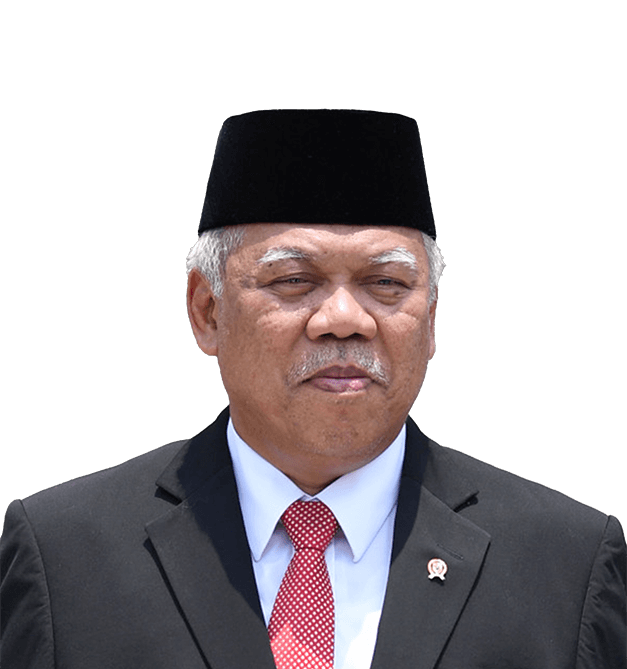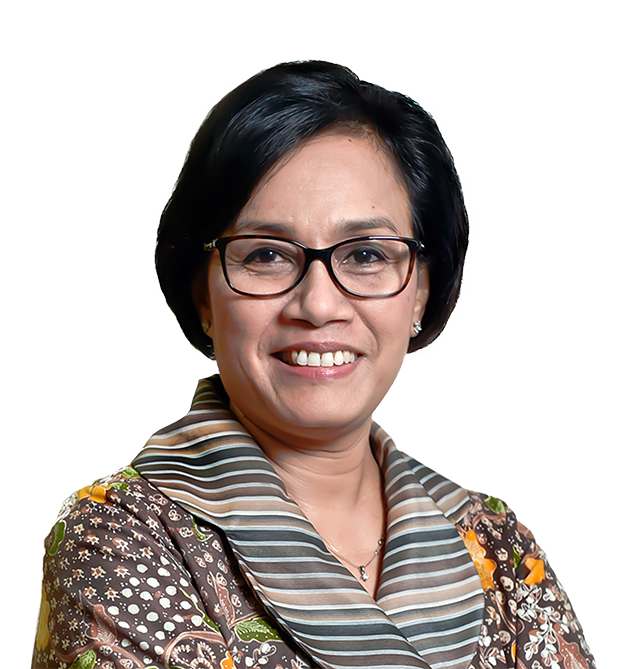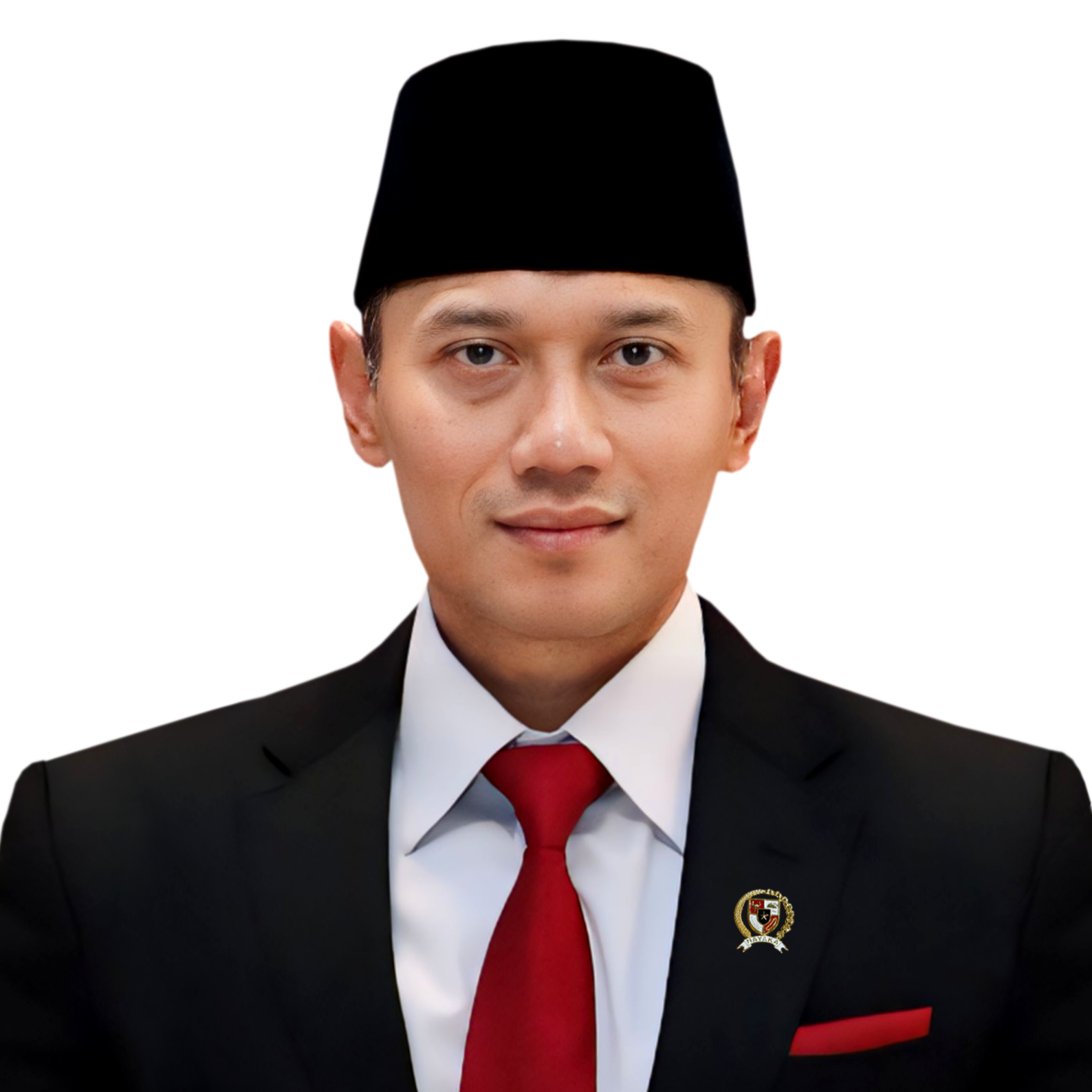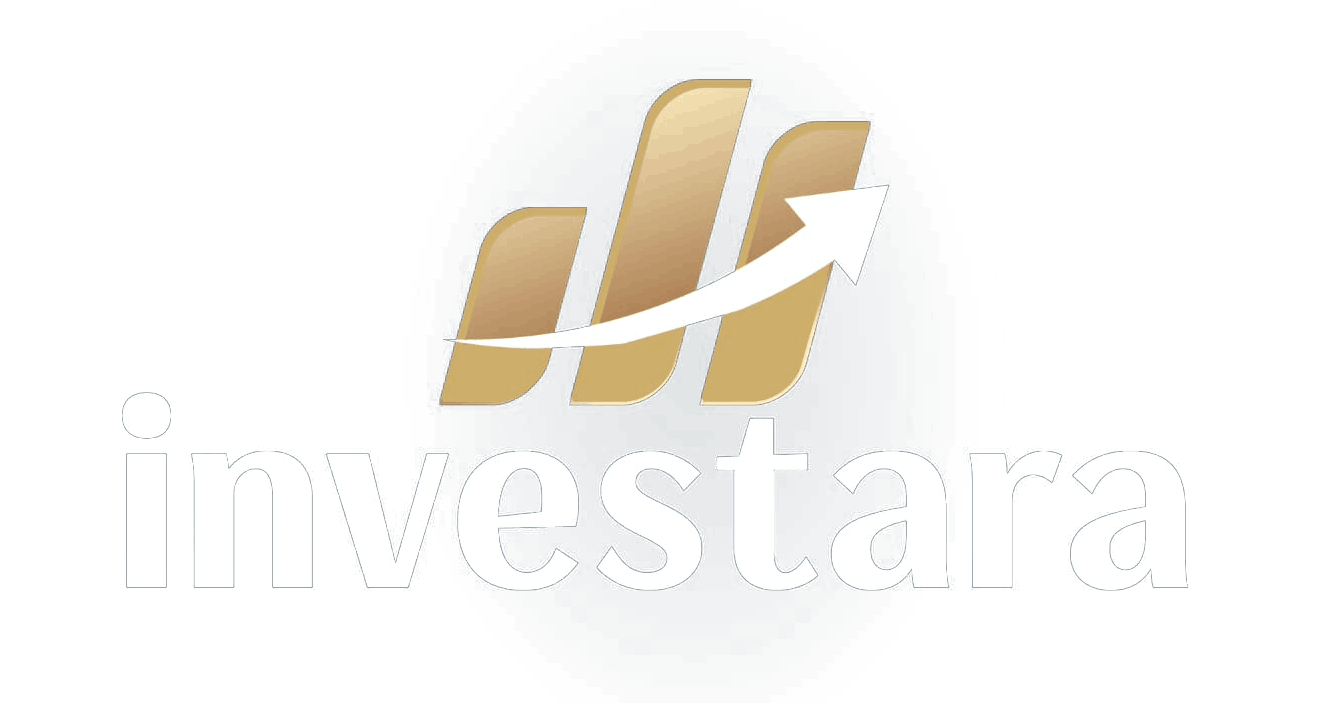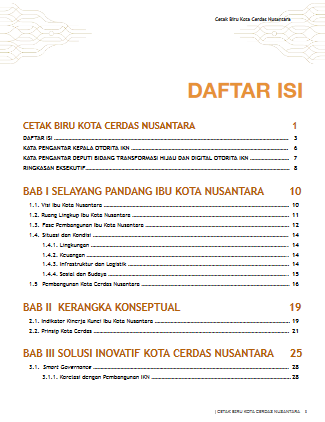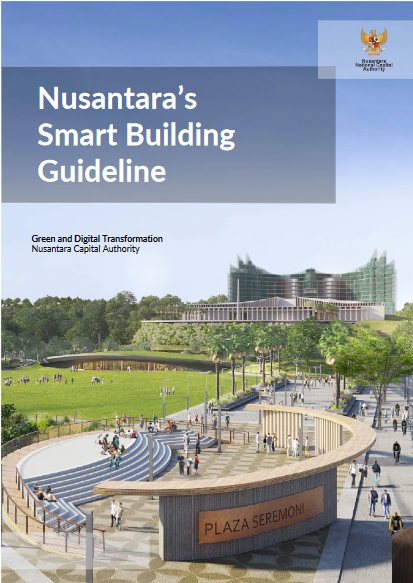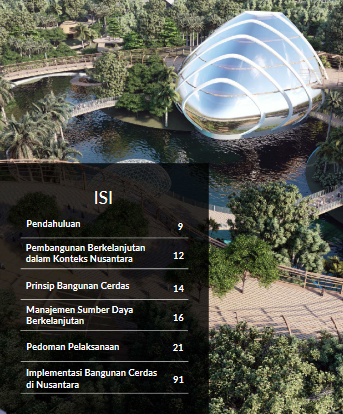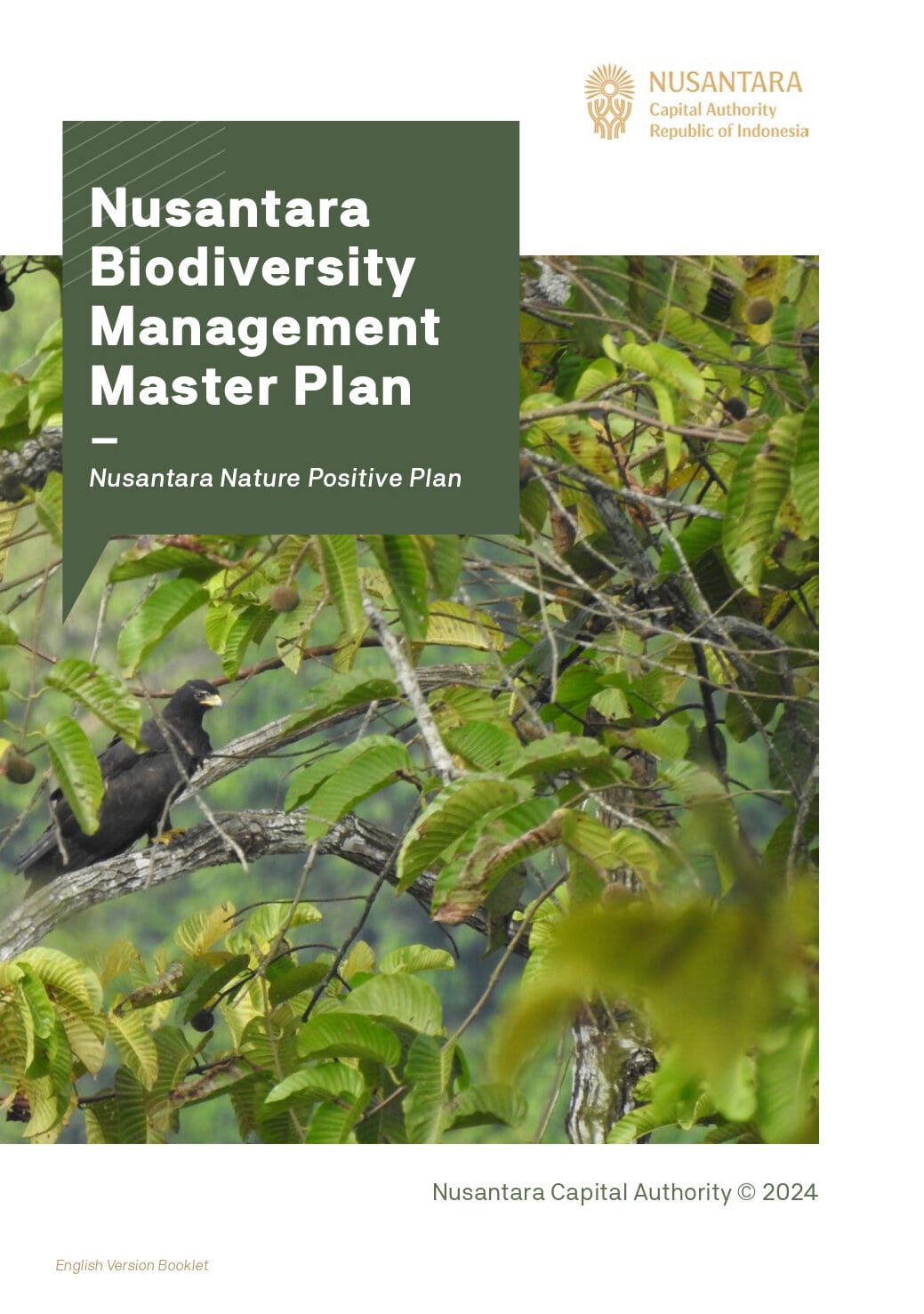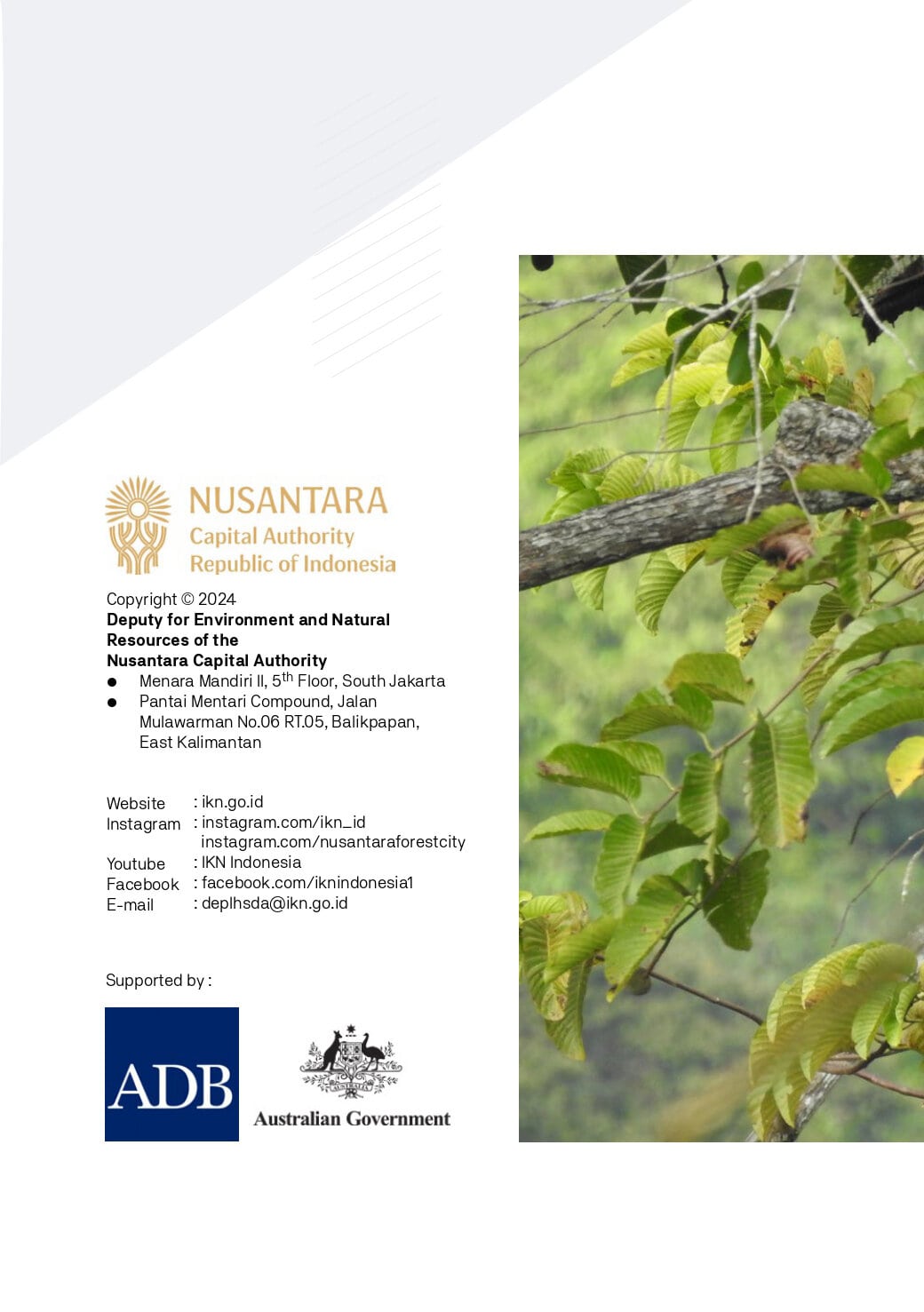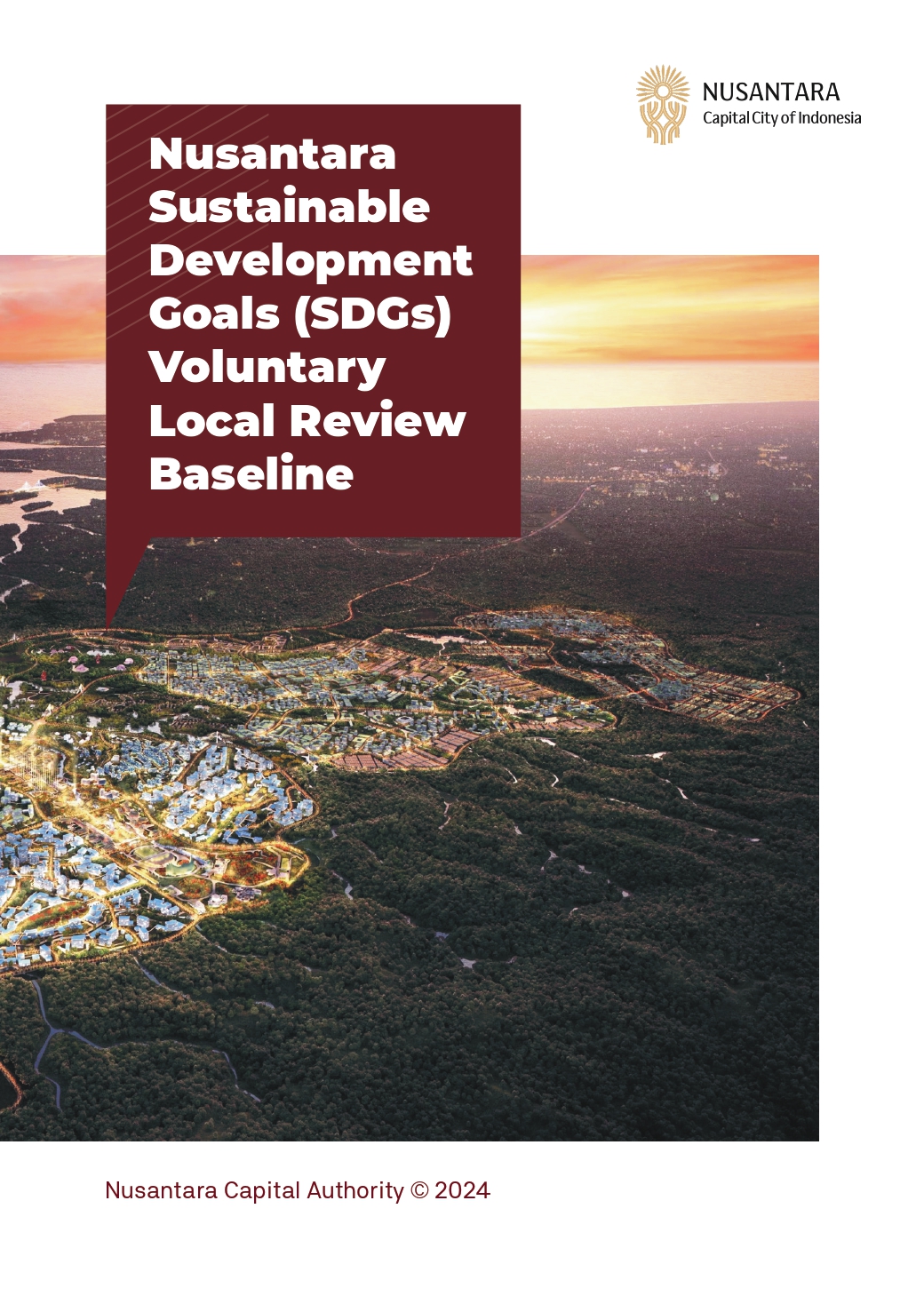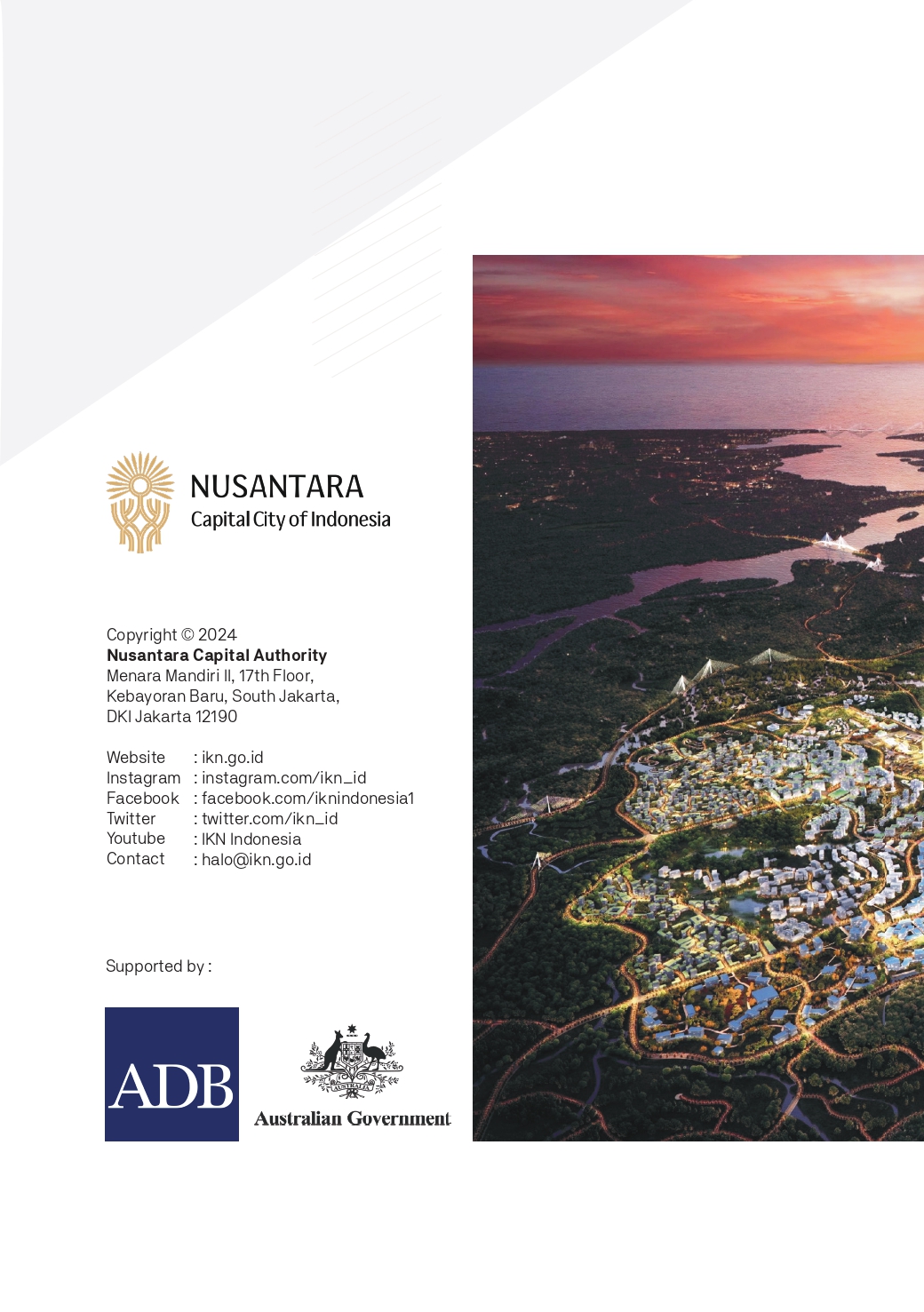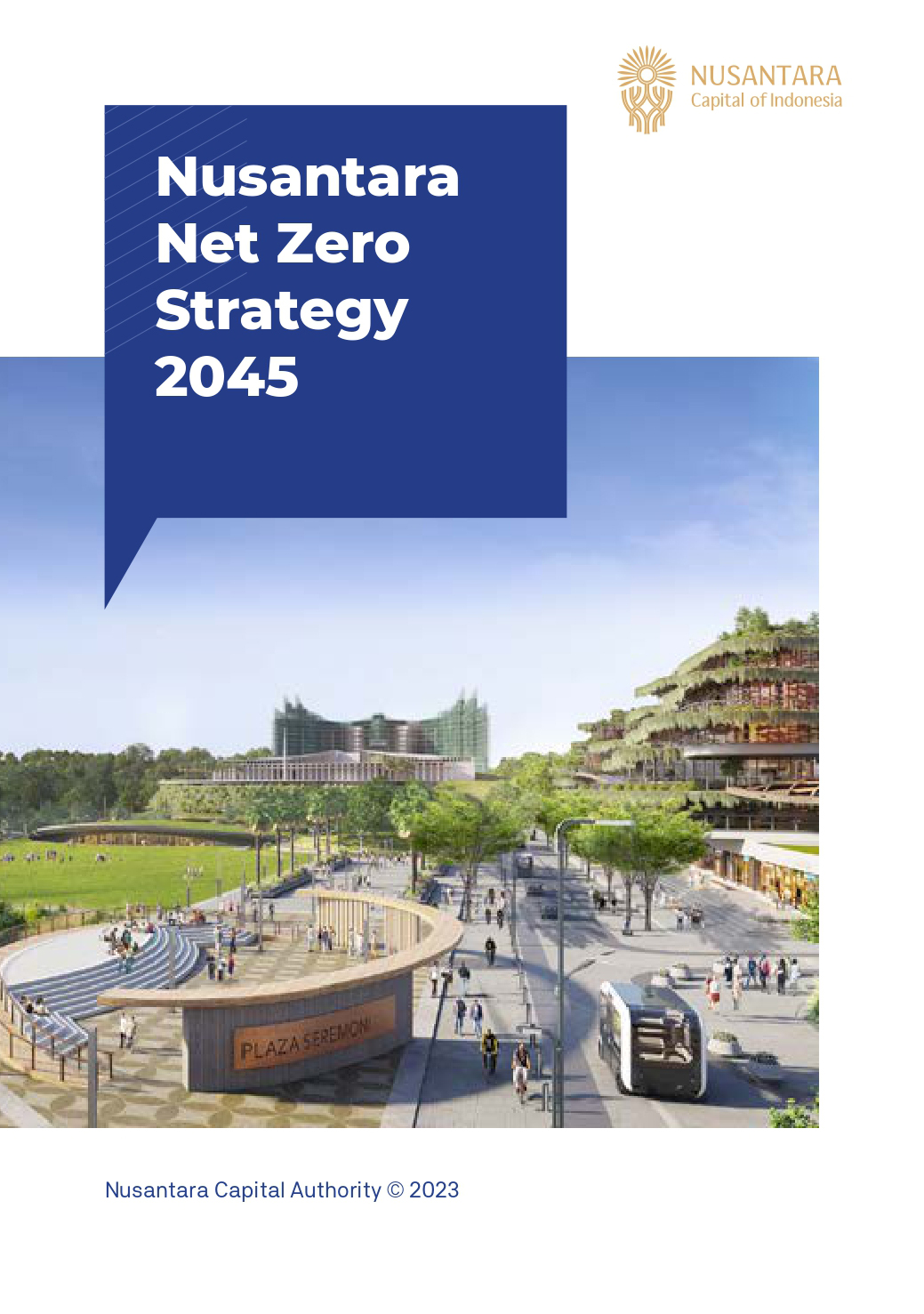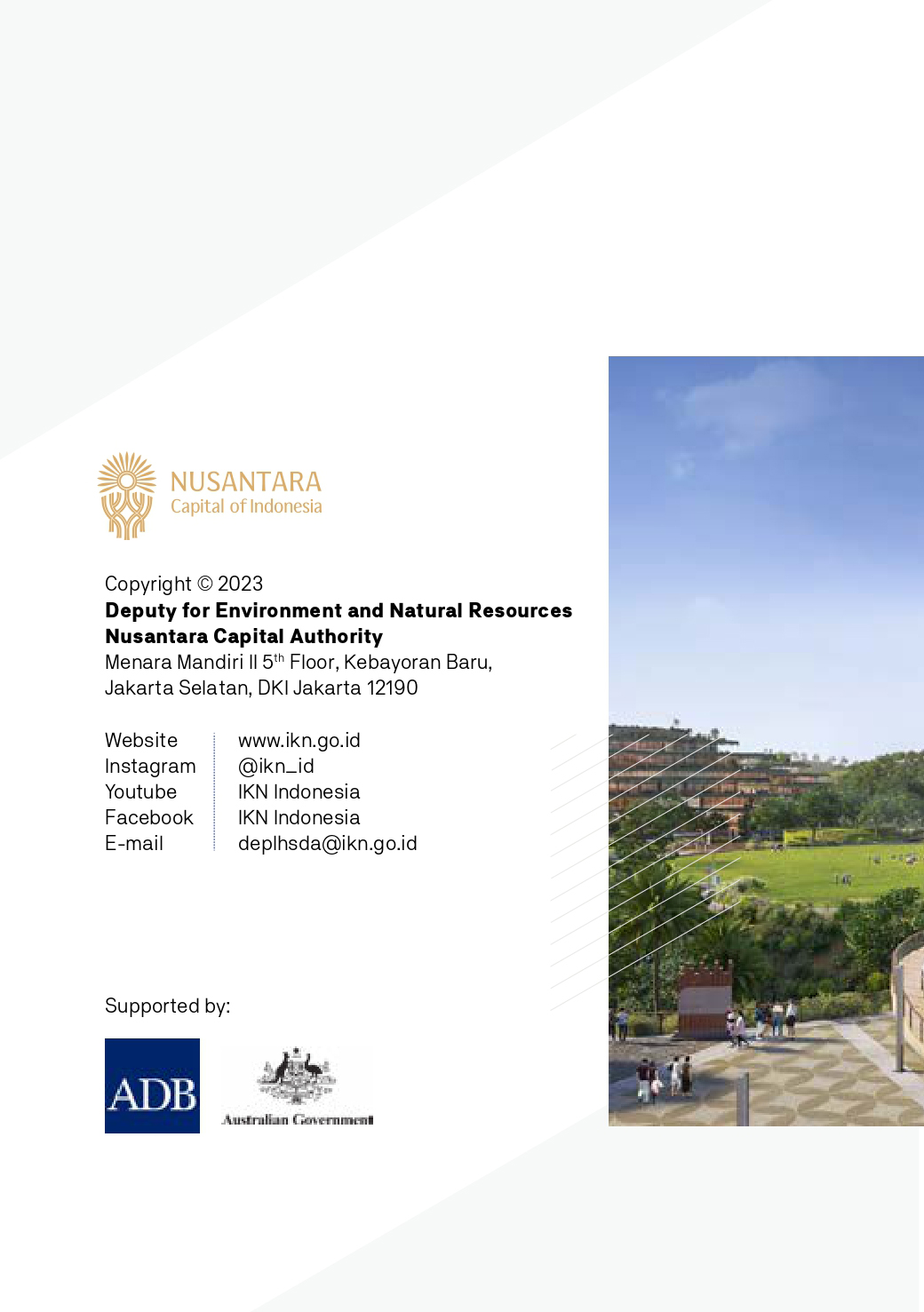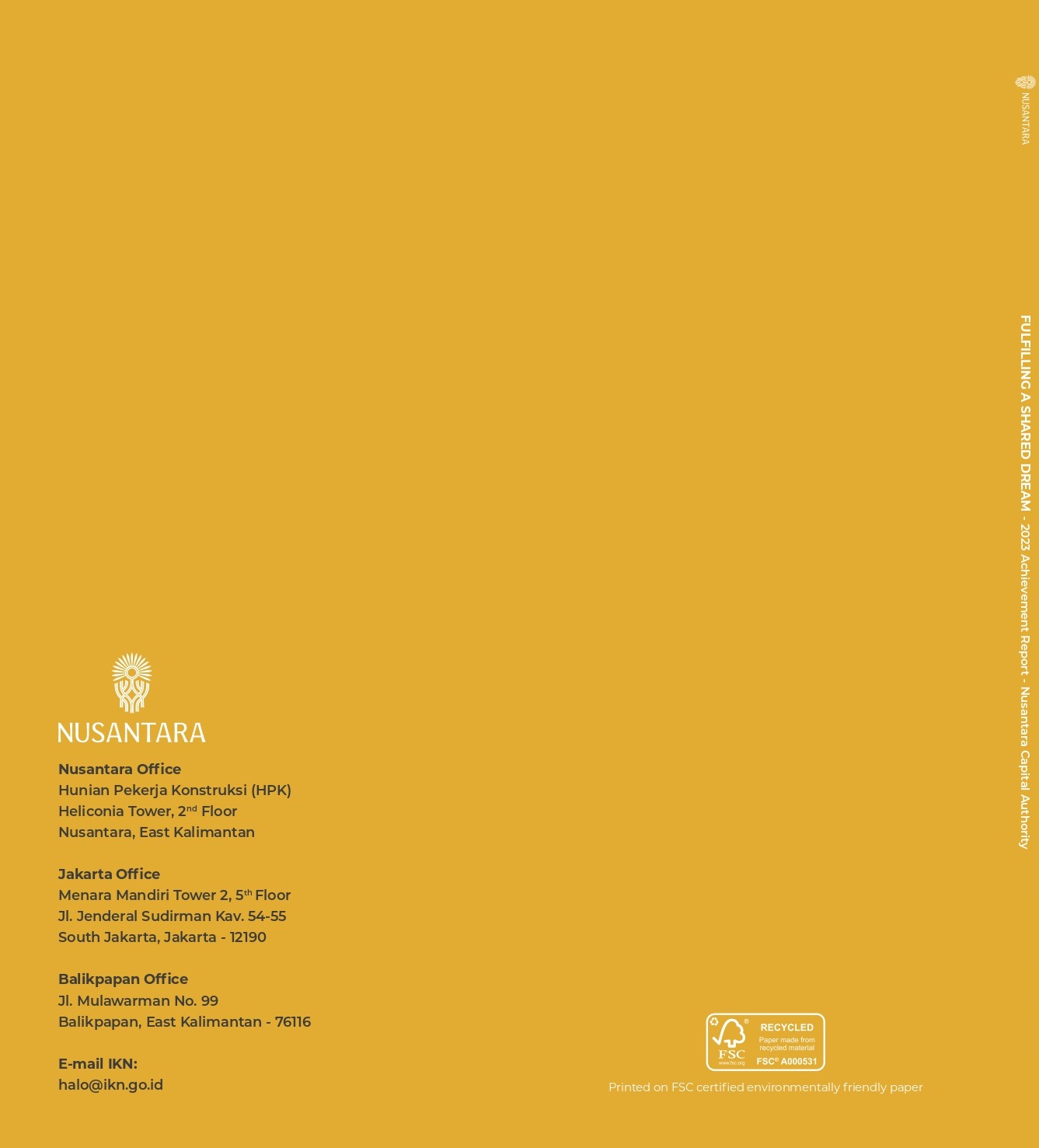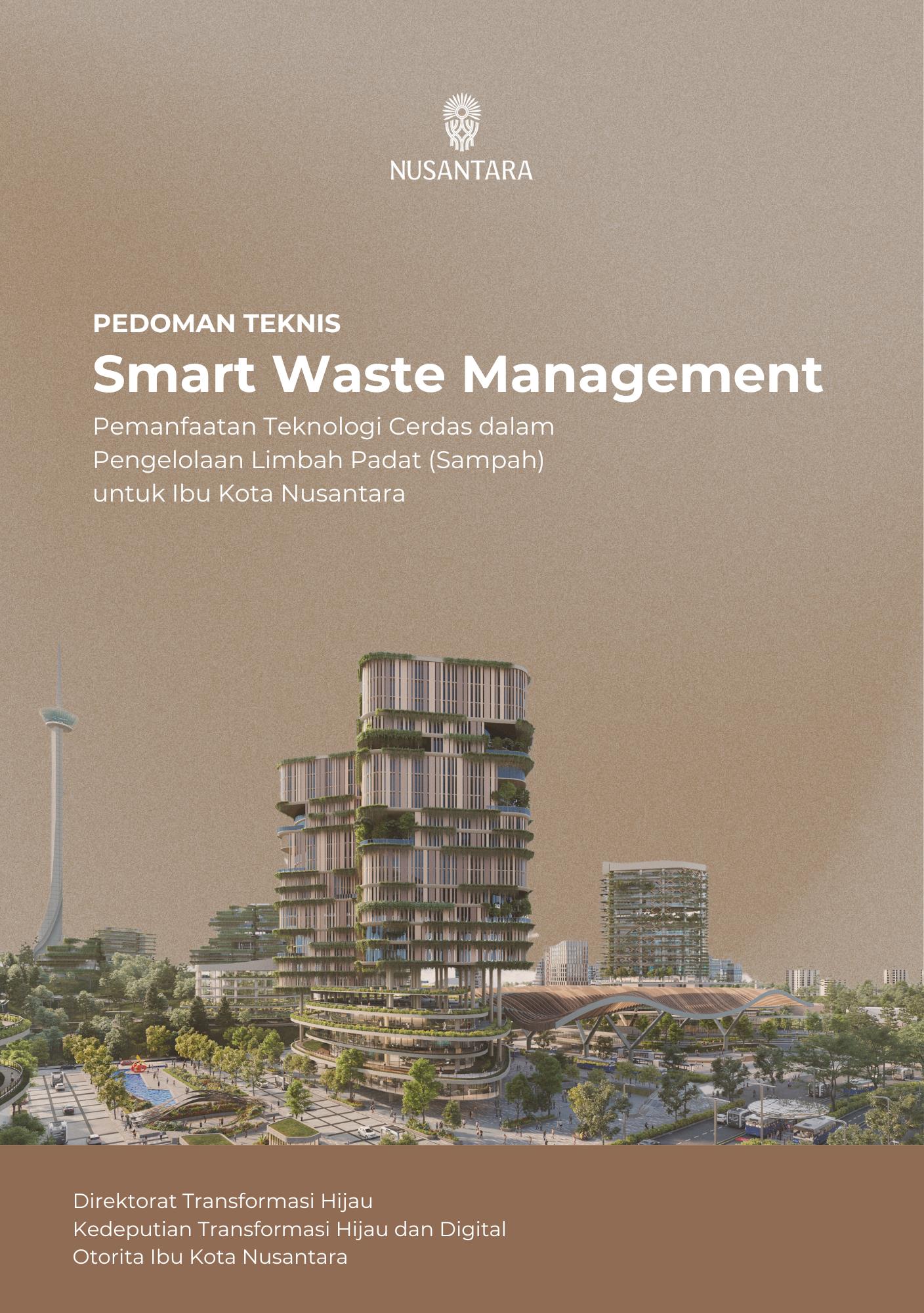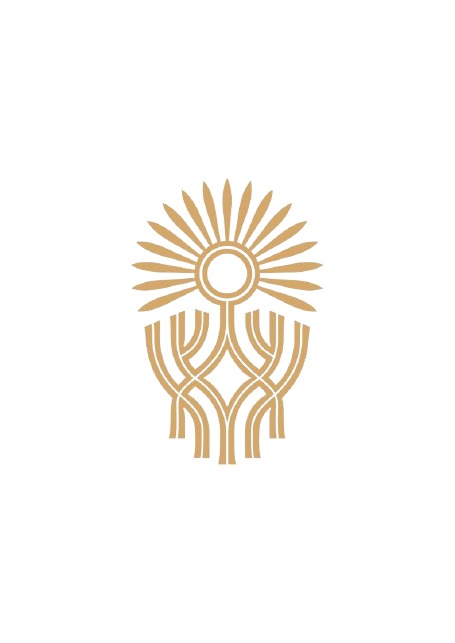Nusantara Smart City Blueprint
Nusantara Smart City Blueprint provides strategic guidance for designing, implementing and maintaining IKN smart city infrastructure. In this document, innovative solutions and technologies that will be implemented in developing Ibu Kota Nusantara (IKN) as a smart city are discussed.
Nusantara Smart Building Guideline
Nusantara Smart Building Guidelines document aims to provide a standard reference for smart building developers at Ibu Kota Nusantara (IKN). This document discusses sustainable development in the Indonesian context, Smart Building principles, sustainable management of resources (energy, water, and air), as well as implementation guidelines in the IKN.
Nusantara Biodiversity Management Master Plan
The Nusantara Biodiversity Management Master Plan is a comprehensive strategy designed to maintain and increase biodiversity in ecosystems in Nusantara. The measures to be implemented are ecosystem conservation, species protection, restoration efforts, and community engagement to promote sustainable management practices. The plan aims to address threats to biodiversity, mitigate impacts, and strengthen ecosystem resilience, with the ultimate goal of ensuring longterm environmental health and sustainability.
Nusantara Sustainable Development Goals (SDGs) Voluntary Local Review (VLR) Baseline
Voluntary Local Review (VLR) will guide the implementation of the Sustainable Development Goals (SDGs) in the Nusantara master plan. The Nusantara VLR SDGs Baseline outlines the baseline conditions in Eastern Kalimantan for meeting SDG targets before Nusantara's existence. The baseline can assist the Nusantara Capital Authority (NCA) in identifying regional obstacles in achieving SDGs alongside monitoring positive and negative changes as Nusantara develops. The VLR is expected to help local initiatives implement the SDGs more effectively.
Nusantara Net Zero Strategy 2045
Nusantara Net Zero Strategy or also known as the Regionally/Locally Determined Contribution (RLDC) Document for the Nusantara, is developed as an extension of the Nusantara's plan to achieve net-zero emissions by 2045. This document outlines the roadmap for the 6 main sectors in Nusantara, such as Forest and Other Land Use (FOLU), Agriculture, Waste Management, Energy, Industrial Processes and Product Uses (IPPU), and Construction.
The 2023 Nusantara Capital Authority (NCA) Achievements Book
The 2023 Nusantara Capital Authority (NCA) Achievements Book provides a comprehensive overview of significant milestones in the development of Nusantara Capital, as part of the grand vision of Indonesia Emas 2045. This book highlights aspects ranging from infrastructure, community empowerment, and investment to successful global partnerships achieved throughout 2023 with the Nusantara Capital Authority.
The Smart Waste Management Technical Guidelines
The Smart Waste Management Technical Guidelines provide a comprehensive framework for implementing intelligent waste management in the Nusantara Capital City. This document outlines plans for applying smart technologies in waste management, including the use of smart bins, a smart fleet system for waste transportation, and smart waste processing at 3R MRF (reduce, reuse, recycle – material recovery facility) facilities. The ultimate goal of this technology implementation is to establish a circular economy in IKN.
The Smart Water and Waste Water Management Technical Guidelines
The Smart Water and Waste Water Management Technical Guidelines serve as a technical guide for managing drinking water and wastewater through the application of smart technologies in Nusantara Capital City. SCADA technology (Supervisory Control and Data Acquisition) will be utilized to monitor the quality of drinking water and wastewater. This monitoring is conducted using sensors installed at Water Treatment Plants, Wastewater Treatment Plants, distribution and transmission networks, as well as rainwater recycling systems. Consequently, water management—from dams, intakes, reservoirs, transmission networks, and distribution networks to end consumers—can operate optimally.
Nusantara Smart City Blueprint
Nusantara Smart City Blueprint provides strategic guidance for designing, implementing and maintaining IKN smart city infrastructure. In this document, innovative solutions and technologies that will be implemented in developing Ibu Kota Nusantara (IKN) as a smart city are discussed.
Nusantara Smart Building Guideline
Nusantara Smart Building Guidelines document aims to provide a standard reference for smart building developers at Ibu Kota Nusantara (IKN). This document discusses sustainable development in the Indonesian context, Smart Building principles, sustainable management of resources (energy, water, and air), as well as implementation guidelines in the IKN.
Nusantara Biodiversity Management Master Plan
The Nusantara Biodiversity Management Master Plan is a comprehensive strategy designed to maintain and increase biodiversity in ecosystems in Nusantara. The measures to be implemented are ecosystem conservation, species protection, restoration efforts, and community engagement to promote sustainable management practices. The plan aims to address threats to biodiversity, mitigate impacts, and strengthen ecosystem resilience, with the ultimate goal of ensuring longterm environmental health and sustainability.
Nusantara Sustainable Development Goals (SDGs) Voluntary Local Review (VLR) Baseline
Voluntary Local Review (VLR) will guide the implementation of the Sustainable Development Goals (SDGs) in the Nusantara master plan. The Nusantara VLR SDGs Baseline outlines the baseline conditions in Eastern Kalimantan for meeting SDG targets before Nusantara's existence. The baseline can assist the Nusantara Capital Authority (NCA) in identifying regional obstacles in achieving SDGs alongside monitoring positive and negative changes as Nusantara develops. The VLR is expected to help local initiatives implement the SDGs more effectively.
Nusantara Net Zero Strategy 2045
Nusantara Net Zero Strategy or also known as the Regionally/Locally Determined Contribution (RLDC) Document for the Nusantara, is developed as an extension of the Nusantara's plan to achieve net-zero emissions by 2045. This document outlines the roadmap for the 6 main sectors in Nusantara, such as Forest and Other Land Use (FOLU), Agriculture, Waste Management, Energy, Industrial Processes and Product Uses (IPPU), and Construction.
The 2023 Nusantara Capital Authority (NCA) Achievements Book
The 2023 Nusantara Capital Authority (NCA) Achievements Book provides a comprehensive overview of significant milestones in the development of Nusantara Capital, as part of the grand vision of Indonesia Emas 2045. This book highlights aspects ranging from infrastructure, community empowerment, and investment to successful global partnerships achieved throughout 2023 with the Nusantara Capital Authority.
The Smart Waste Management Technical Guidelines
The Smart Waste Management Technical Guidelines provide a comprehensive framework for implementing intelligent waste management in the Nusantara Capital City. This document outlines plans for applying smart technologies in waste management, including the use of smart bins, a smart fleet system for waste transportation, and smart waste processing at 3R MRF (reduce, reuse, recycle – material recovery facility) facilities. The ultimate goal of this technology implementation is to establish a circular economy in IKN.
The Smart Water and Waste Water Management Technical Guidelines
The Smart Water and Waste Water Management Technical Guidelines serve as a technical guide for managing drinking water and wastewater through the application of smart technologies in Nusantara Capital City. SCADA technology (Supervisory Control and Data Acquisition) will be utilized to monitor the quality of drinking water and wastewater. This monitoring is conducted using sensors installed at Water Treatment Plants, Wastewater Treatment Plants, distribution and transmission networks, as well as rainwater recycling systems. Consequently, water management—from dams, intakes, reservoirs, transmission networks, and distribution networks to end consumers—can operate optimally.
Nusantara Smart City Blueprint
Nusantara Smart City Blueprint provides strategic guidance for designing, implementing and maintaining IKN smart city infrastructure. In this document, innovative solutions and technologies that will be implemented in developing Ibu Kota Nusantara (IKN) as a smart city are discussed.
Nusantara Smart Building Guideline
Nusantara Smart Building Guidelines document aims to provide a standard reference for smart building developers at Ibu Kota Nusantara (IKN). This document discusses sustainable development in the Indonesian context, Smart Building principles, sustainable management of resources (energy, water, and air), as well as implementation guidelines in the IKN.
Nusantara Biodiversity Management Master Plan
The Nusantara Biodiversity Management Master Plan is a comprehensive strategy designed to maintain and increase biodiversity in ecosystems in Nusantara. The measures to be implemented are ecosystem conservation, species protection, restoration efforts, and community engagement to promote sustainable management practices. The plan aims to address threats to biodiversity, mitigate impacts, and strengthen ecosystem resilience, with the ultimate goal of ensuring longterm environmental health and sustainability.
Nusantara Sustainable Development Goals (SDGs) Voluntary Local Review (VLR) Baseline
Voluntary Local Review (VLR) will guide the implementation of the Sustainable Development Goals (SDGs) in the Nusantara master plan. The Nusantara VLR SDGs Baseline outlines the baseline conditions in Eastern Kalimantan for meeting SDG targets before Nusantara's existence. The baseline can assist the Nusantara Capital Authority (NCA) in identifying regional obstacles in achieving SDGs alongside monitoring positive and negative changes as Nusantara develops. The VLR is expected to help local initiatives implement the SDGs more effectively.
Nusantara Net Zero Strategy 2045
Nusantara Net Zero Strategy or also known as the Regionally/Locally Determined Contribution (RLDC) Document for the Nusantara, is developed as an extension of the Nusantara's plan to achieve net-zero emissions by 2045. This document outlines the roadmap for the 6 main sectors in Nusantara, such as Forest and Other Land Use (FOLU), Agriculture, Waste Management, Energy, Industrial Processes and Product Uses (IPPU), and Construction.
The 2023 Nusantara Capital Authority (NCA) Achievements Book
The 2023 Nusantara Capital Authority (NCA) Achievements Book provides a comprehensive overview of significant milestones in the development of Nusantara Capital, as part of the grand vision of Indonesia Emas 2045. This book highlights aspects ranging from infrastructure, community empowerment, and investment to successful global partnerships achieved throughout 2023 with the Nusantara Capital Authority.
The Smart Waste Management Technical Guidelines
The Smart Waste Management Technical Guidelines provide a comprehensive framework for implementing intelligent waste management in the Nusantara Capital City. This document outlines plans for applying smart technologies in waste management, including the use of smart bins, a smart fleet system for waste transportation, and smart waste processing at 3R MRF (reduce, reuse, recycle – material recovery facility) facilities. The ultimate goal of this technology implementation is to establish a circular economy in IKN.
The Smart Water and Waste Water Management Technical Guidelines
The Smart Water and Waste Water Management Technical Guidelines serve as a technical guide for managing drinking water and wastewater through the application of smart technologies in Nusantara Capital City. SCADA technology (Supervisory Control and Data Acquisition) will be utilized to monitor the quality of drinking water and wastewater. This monitoring is conducted using sensors installed at Water Treatment Plants, Wastewater Treatment Plants, distribution and transmission networks, as well as rainwater recycling systems. Consequently, water management—from dams, intakes, reservoirs, transmission networks, and distribution networks to end consumers—can operate optimally.
